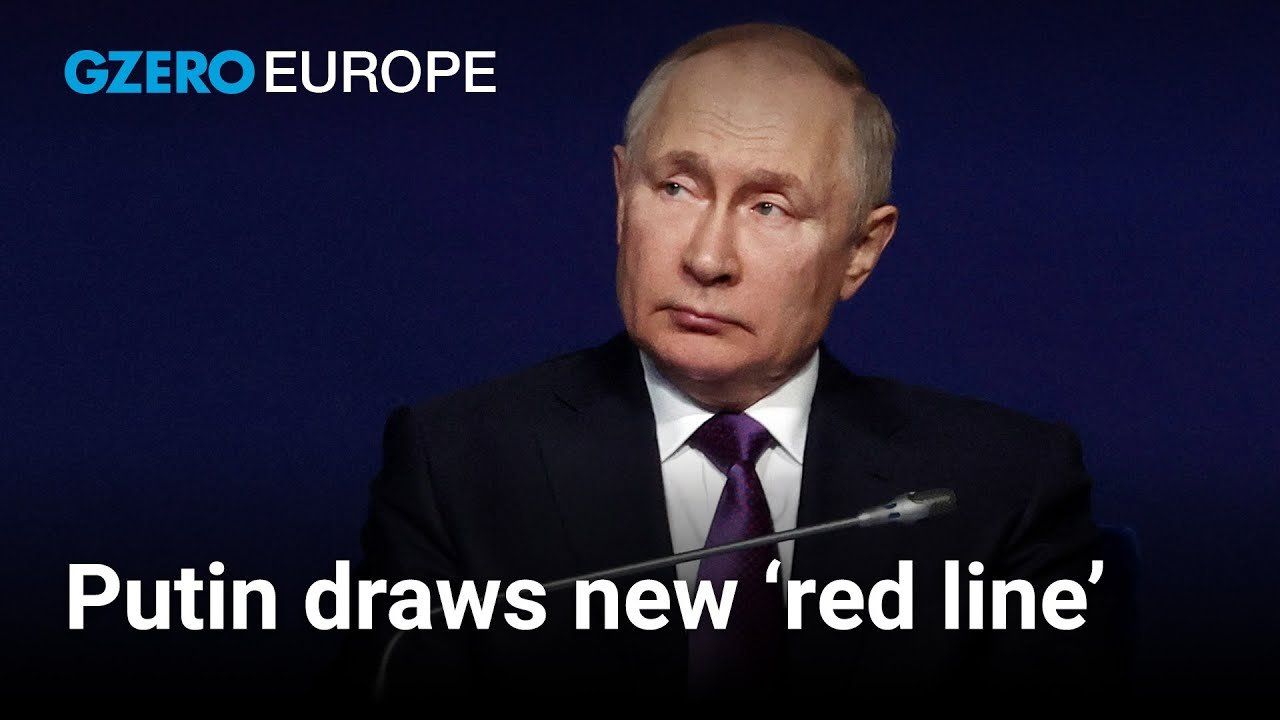October 02, 2024
Carl Bildt, former prime minister of Sweden and co-chair of the European Council on Foreign Relations, shares his perspective on European politics from the Security Forum in Warsaw, Poland.
What are the implications of the revisions to the nuclear doctrine that President Putin of Russia announced last week?
We don't really know, but I would rather see it as a sign of weakness. If President Putin had confidence in the ability of his conventional forces to achieve the aims that he has set for them in his aggression against Ukraine, he wouldn't need to do this. Does it mean that he's intending to use nuclear weapons? Not necessarily. But he wants to remind us of the fact that it's in his arsenal, and I think we know that already.
What are the implications of the victory of the far-right forces in the Austrian elections?
Well, it is quite worrying, I have to say. The far-right Freedom Party is really far-right and really pro-Russian. They got 29% of the vote, a record for them. And whether they will be able to form a government, I think the other parties will try to form a government against them. I think it's going to take a couple of months to see whether that succeeds or not. But the worrying thing is, of course, that there's a risk of the formation of a far-right, nationalist, more neutralistic, you could say, bloc in Central Europe. We already have the Hungarians under Viktor Orbán nearby. We have Bratislava with the government there. There's an election coming up in the Czech Republic next year. So I'm not entirely comfortable, to put it mildly, with what we have seen coming out of the Austrian election.
From Your Site Articles
More For You
- YouTube
For many in Iran, it’s a waiting game for how long Ayatollah Khamenei has left to live.
Most Popular
An army soldier stands guard at a post at the Friendship Gate, following exchanges of fire between Pakistan and Afghanistan forces, at the border crossing between the two countries in Chaman, Pakistan February 27, 2026. Picture taken with a mobile phone.
REUTERS/Abdul Khaliq Achakzai
In a 30-minute call on Thursday, President Donald Trump reportedly told Ukrainian President Volodymyr Zelensky he wants to end the war with Russia as soon as possible — aiming for a deal by summer, but ideally within weeks.
Former British ambassador to the U.S. Peter Mandelson leaves his residence after he was released following his arrest by London police on Monday on suspicion of misconduct in public office, following the release of U.S. Justice Department files linked to the late financier and convicted sex offender Jeffrey Epstein, in London, Britain, February 26, 2026.
REUTERS/Toby Melville
The ghost of Jeffrey Epstein continues to haunt the world.
Think you know what's going on around the world? Here's your chance to prove it.
© 2025 GZERO Media. All Rights Reserved | A Eurasia Group media company.
